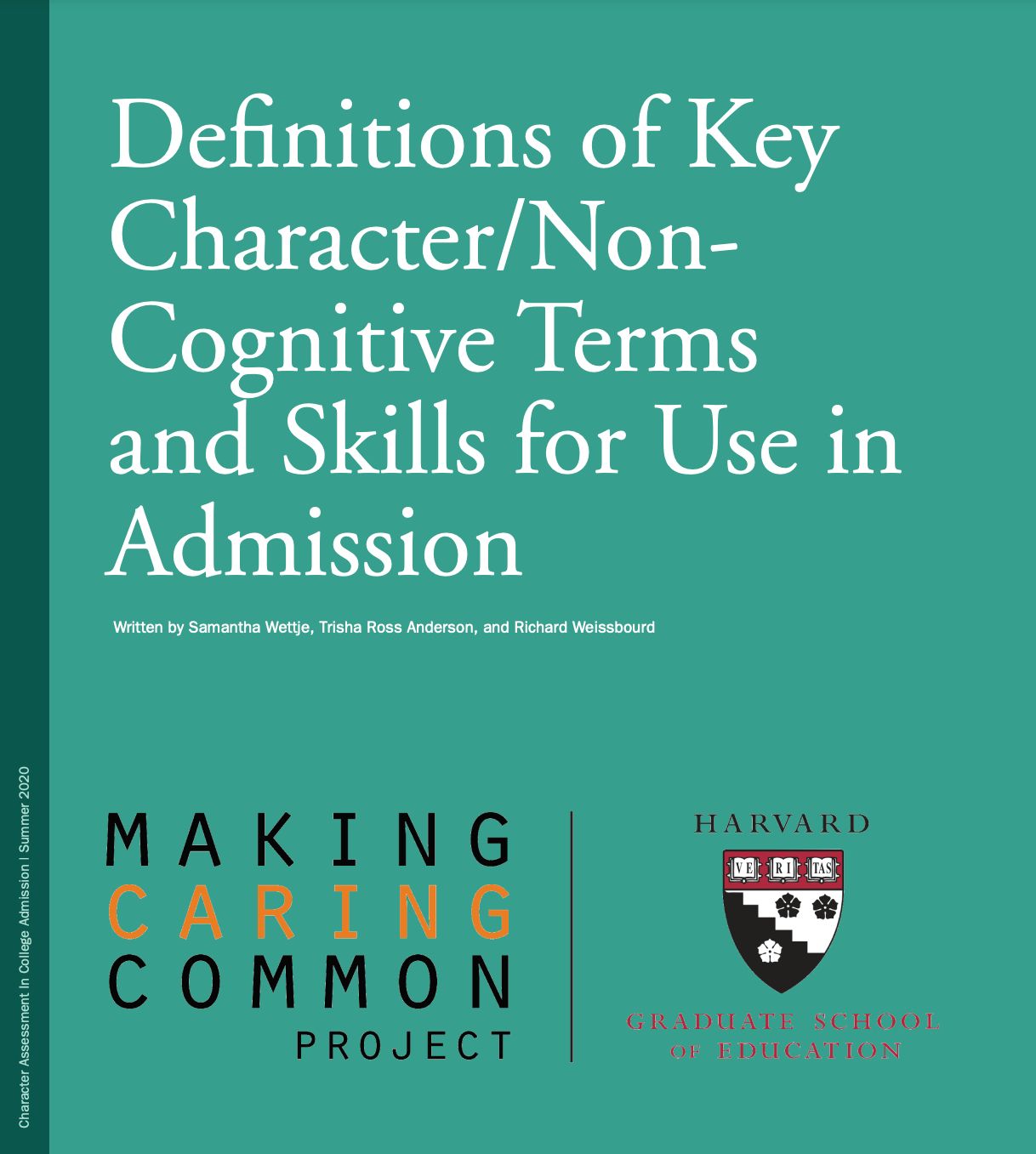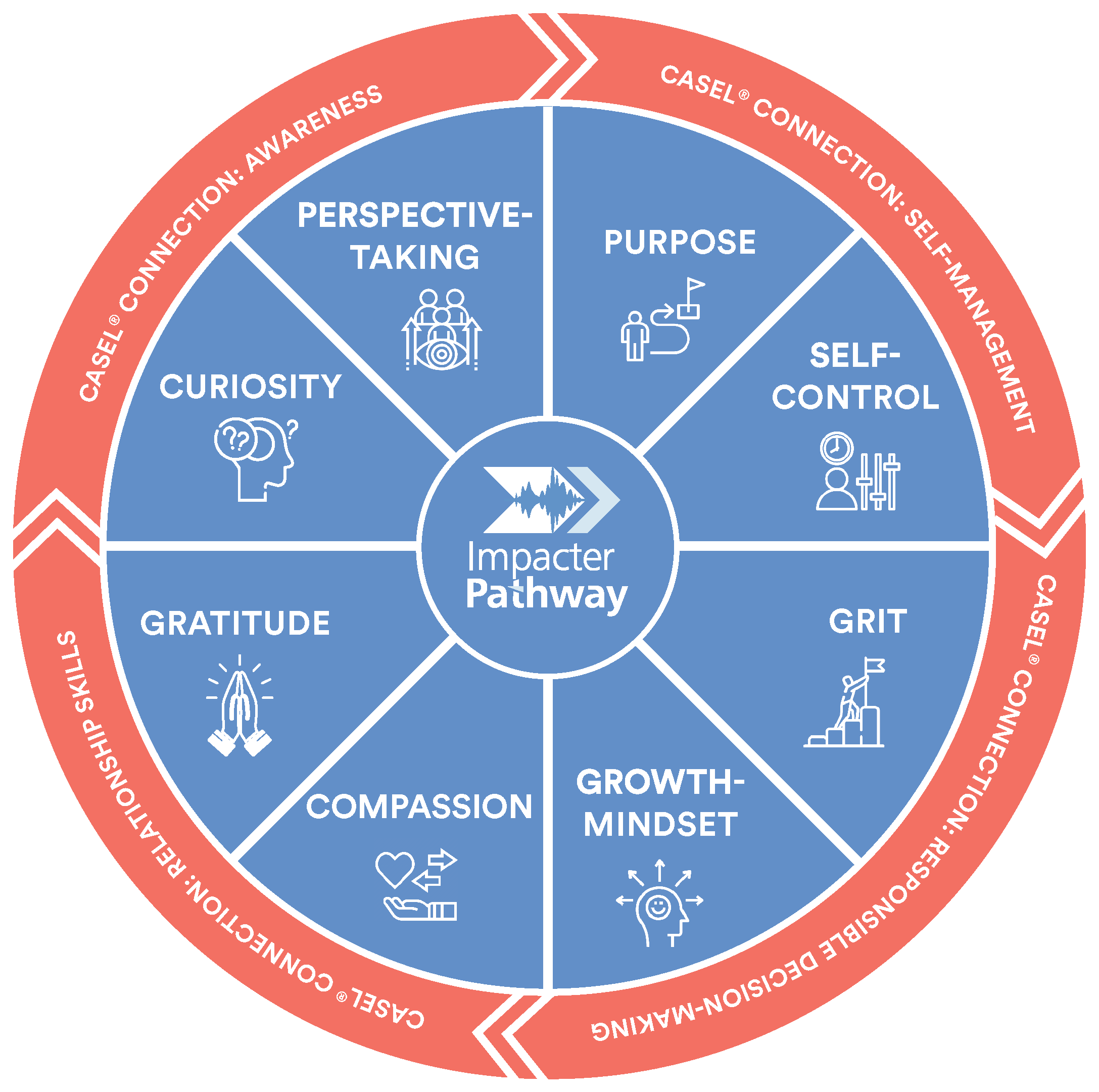The SAT Is Gone...
Here's What Replaced It
Colleges like Harvard and the UC's now deemphasize personal achievement and focus on soft skills like Compassion, Grit, Gratitude, and Self-Awareness.
Write your awesome label here.
Rooted In Research
Backed By Harvard

Read The Report
In 2020, nearly 400 colleges pledged to adopt a soft-skills approach and ditch achievement-based admissions criteria like the SAT.
Here's How It Works
Students learn about a range of research-backed Leadership Frameworks through a series of exercises and content experiences designed in the language of today's teenager.
These lessons leverage the latest teaching innovations and allow students to not only write/type-in their responses, but video and voice record various submissions.
These lessons leverage the latest teaching innovations and allow students to not only write/type-in their responses, but video and voice record various submissions.
Students Find Their Voice
Through reflection activities, students create an inventory of strengths and growth areas to increase their overall self-awareness.
By using natural spoken language, as well as written responses, learners develop synaptic brain connections otherwise not possible.
By using natural spoken language, as well as written responses, learners develop synaptic brain connections otherwise not possible.
Parents Get Real Feedback
With regular Progress Reports that include data-driven metrics about your child's growth and progress in relation to peers their age, parents can leverage powerful insights to build upon a student's leadership development and target their language, conversation starters, and range of experiential activities to support students where they need it most.
Say goodbye to one-word answers to questions like, "How was your day?" and "What did you learn in school?" With a framework built around Curiosity, Perspective-Taking, Purpose, Self-Control, Grit, Growth Mindset, Compassion, and Gratitude, you and your student will be equipped with language to make connections across different domains of soft skills and demonstrate new competencies in areas that may have been underutilized in the past. Such as:
Say goodbye to one-word answers to questions like, "How was your day?" and "What did you learn in school?" With a framework built around Curiosity, Perspective-Taking, Purpose, Self-Control, Grit, Growth Mindset, Compassion, and Gratitude, you and your student will be equipped with language to make connections across different domains of soft skills and demonstrate new competencies in areas that may have been underutilized in the past. Such as:
Don't hesitate


